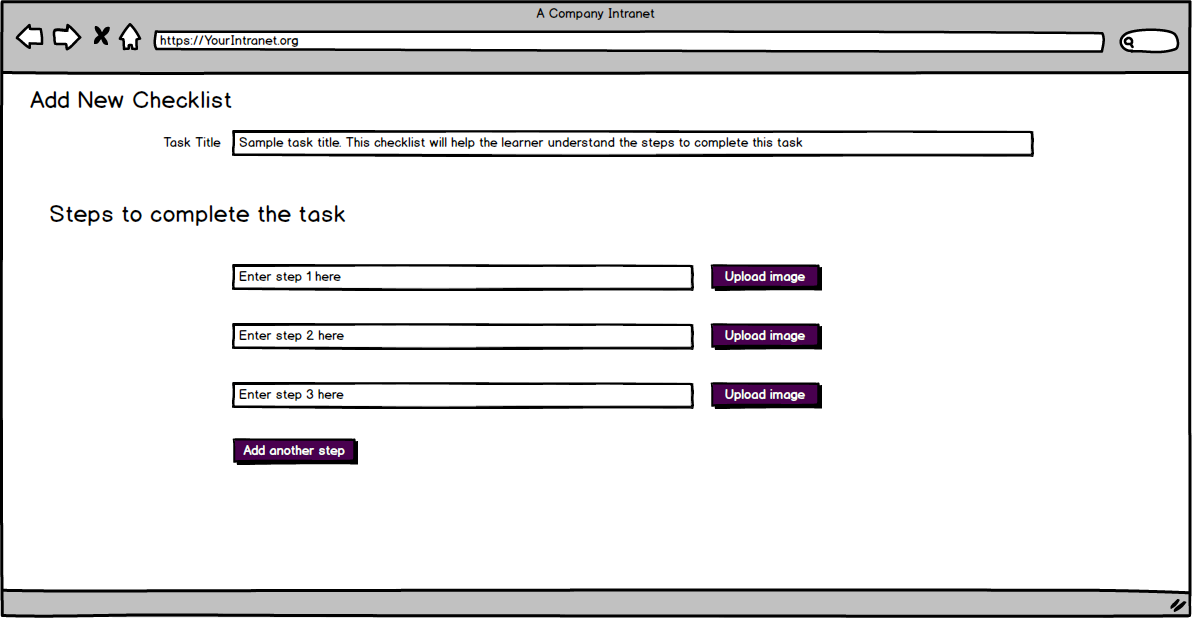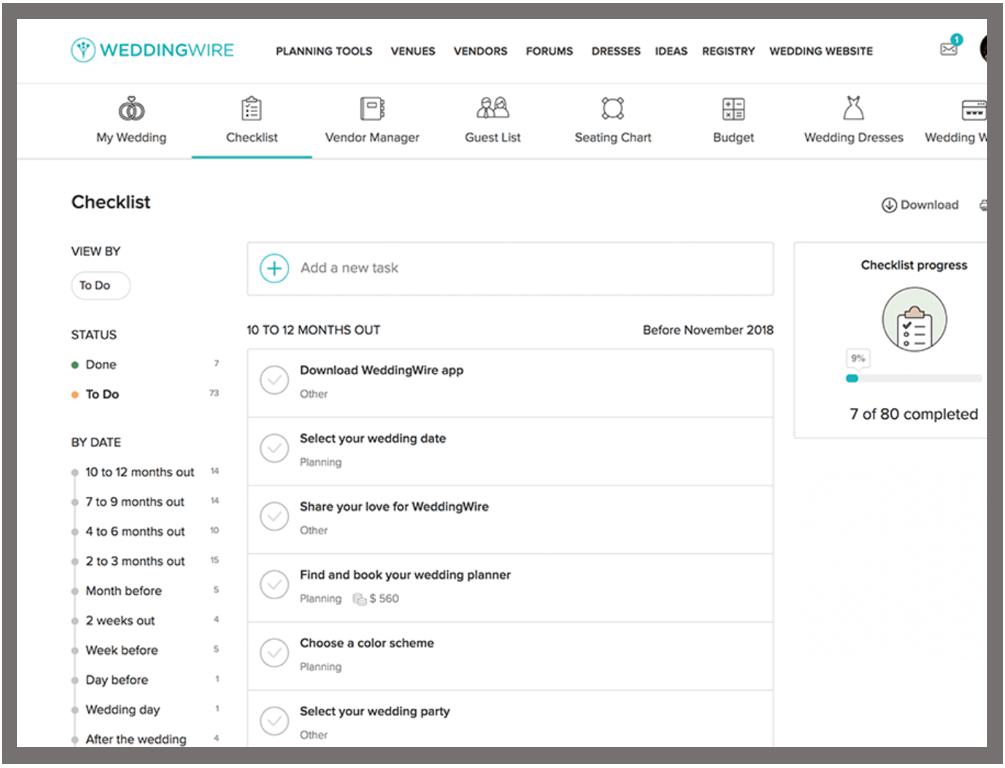We know that learners struggle to translate what they have learned in a theoretical training to on the job performance improvement. We also know that training programs are most effective when they go beyond a single classroom or online learning training event. So, how can companies help employees transfer their learning to the workplace? Performance support tools can help bridge the gap between training and improved performance by supporting learners as they apply new skills in the workplace.
Despite the improved learning outcomes which can be gained through the use of performance support tools, learning and development professionals often struggle to create them. As knowledge management and instructional systems designers, we can make the creation of performance support tools much more efficient by analyzing the commonalities between tasks and creating meaningful content types. Applying knowledge management best practices, such as effectively designed search results with action-oriented search can lessen the content creation burden on learning and development professionals.
Checklists
Often, a learner only needs a checklist to help them follow a policy or process correctly. An effective intranet or knowledge management portal will often include a checklist content type to make it easier for your subject matter experts and web content authors to create checklist content. Your content authors can quickly fill out a form like this one.
By leveraging a checklist content type in your intranet or KM portal, your subject matter experts will be able to efficiently create and publish checklist by simply filling out a form. When they publish the form, they will have created something that looks as professionally designed as this great checklist example from weddingwire.com.
Creating checklists via a specialized content type not only improves the efficiency of content creation, improving the content creation process in this manner has additional benefits. Those benefits include: improving visual design and creating consistency in the way checklists are presented in your system – reducing cognitive load and improving learning outcomes.
Quick Reference Guides
Quick-reference guides (or “cheat sheets”), are short tools which give the learner just enough to get the job done without having to read all of the instructions. Quick reference guides can be handled in multiple ways in a knowledge management portal.
Option 1: Quick Reference Guide Content Type
Quick Reference Guides can be a very simple content type in your knowledge management portal. When creating this content type, common fields might be:
- Task Name: Single-line text field which defines the name of the task the quick reference guide will support. Effectively the title of the content.
- Key Concepts: Character-limited richtext field which enforces the brevity of the text, but allows the content author to explain the most important concepts or steps to complete the task.
- Full Instructions: Field type is restricted to a link or a document upload and provides a way for the content author to provide a direct connection between the quick reference guide and the full set of instructions.
Option 2: Quick Reference Guide Search Results Type
Depending on the maturity of your system, it’s entirely possible that you do not need a specific content type to fill the need of a quick reference guide. Your search index could find simple things like the name of a task and a brief summary of the task from existing content – returning this existing information directly in your system’s search results page. You could even include action-oriented search buttons which would open the full set of instructions directly from the search results list – saving the learner one unnecessary click.
If you want to take things even further, your system could recognize your quick reference search result as a “best bet” and always give priority to this result as the most relevant content when a user of your system searches for a named task.
Summary
Learning and development, as well as knowledge management professionals are often extraordinarily busy – trying to meet more needs with less resources. By leveraging custom content types, EK consultants can help make their job much more efficient, allowing them to create polished looking content quickly and easily. In addition to content types, we can also provide them with the tools and knowledge to leverage well-designed search results to bypass the need for content creation at all. If you’d like an analysis of your existing web content and some custom content type and search design advice, contact us at Enterprise Knowledge.


